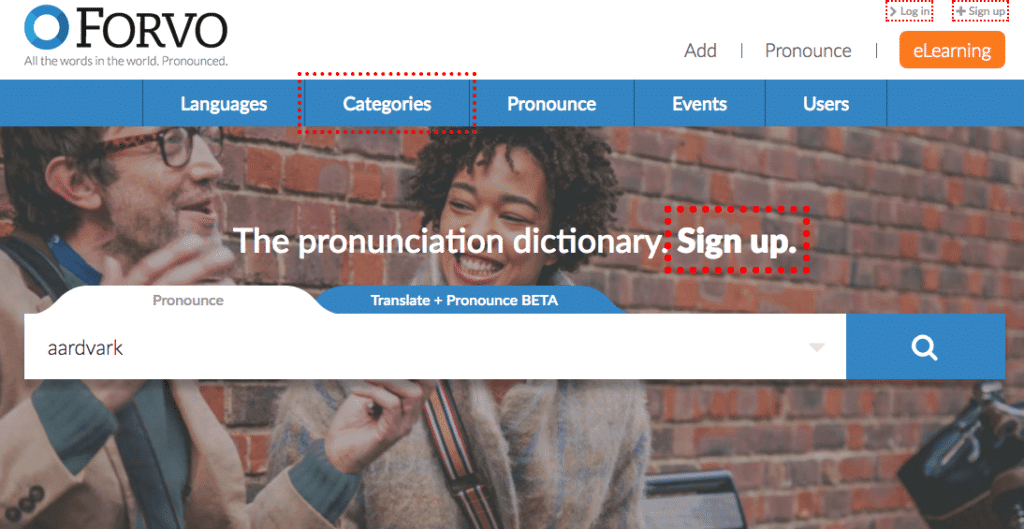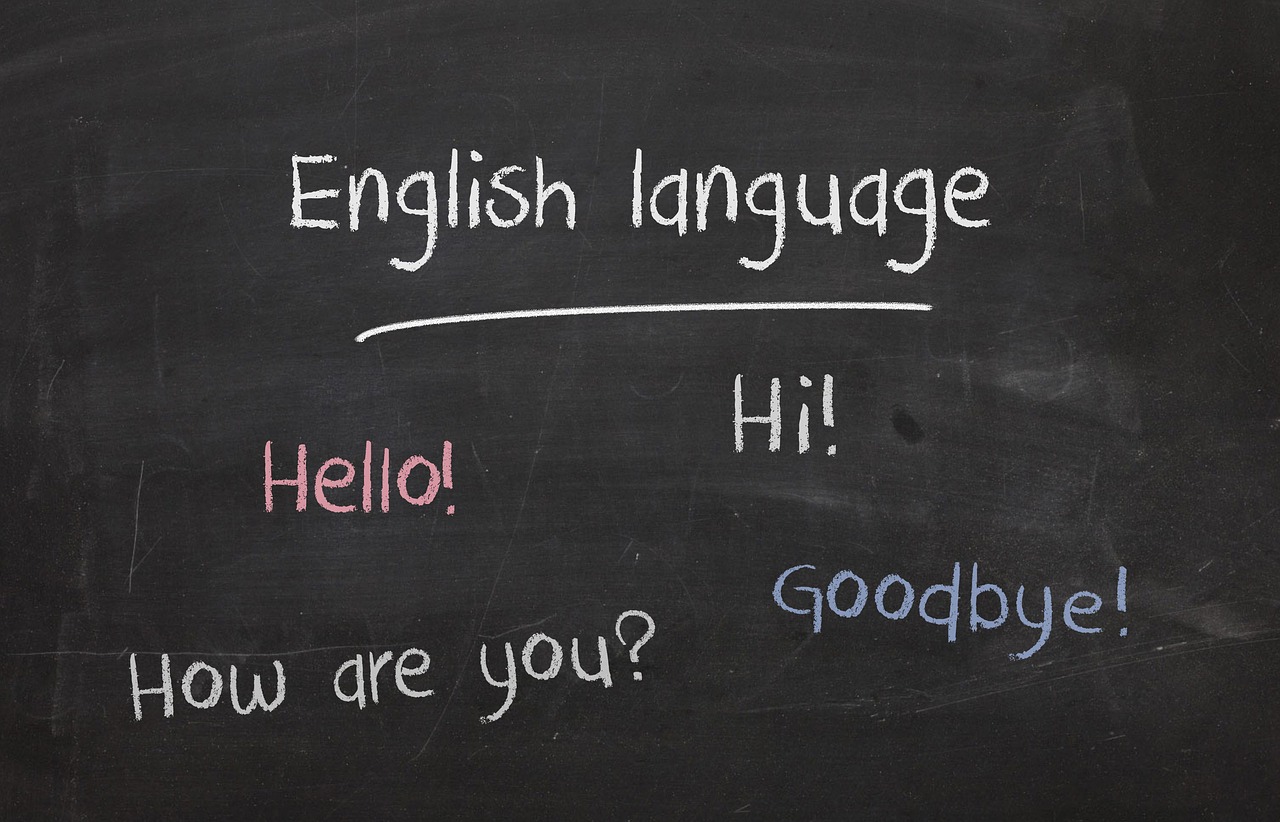How’s your pronunciation in English? Do you have a strong foreign accent? Maybe there are just certain sounds that you find difficult to pronounce correctly? This article is going to show you how to improve English pronunciation skills to sound like a native speaker. Regardless of whether you are a beginner, intermediate, or an advanced speaker.
How to Improve English Pronunciation Skills
Decide on an accent
The first question, of course, to decide on an accent. If you move to an English-speaking country, it makes the most sense to choose the accent of the country you live in. If you won’t be living in an English-speaking country, consider the English-speaking natives you’ll be having the most contact with. It only makes sense to sound more like the people that you’ll be spending the most time with. You can focus on imitating the sounds that native speakers make.
Listen and Repeat
To some extent, even absolute beginners can learn how to sound like a native speaker. Beginners can start by mimicking the sounds they hear. Start with the various expressions and sentences you hear as you develop your English. For example, Idahosa Ness, the founder of the Mimic Method, says that acquiring a native pronunciation is all about mimicking what you hear native speakers say. Idahosa recommends you use short sentences. Each time you hear a native speaker say a short sentence, repeat it with the same pronunciation, even if you don’t yet know the meaning of the sentence. Then work out the meaning based on context or by asking somebody. You could even record what you’ve heard on the app Hi Native, where you can receive feedback on how to improve English pronunciation skills if you can’t find a native speaker.
If you are at a more advanced level. Then you can enjoy listening to dialogues in movies, podcasts, and news in English. Pay close attention the rhythm and speech patterns. When you come across difficult parts you can pause and repeat out loud what you’ve just heard. Record both the native speaker and yourself. Compare the two. If you don’t get it right the first time. Play it back and try again until you achieve the pronunciation that sounds like the native speakers.
Practice with a mirror
Pronunciation is all about where the tongue is placed, how your lips are positioned and how open or closed your mouth is. If you practice in front of a mirror, you’ll be able to create new habits. This will help you become aware of how you position your tongue and how you open your mouth as you pronounce certain sounds. Once you’ve practiced enough with a mirror, you’ll begin to make the native English sounds you want even without looking in the mirror. While you practice in front of the mirror, record yourself pronouncing the same words and sentences as you open your mouth and place your tongue in different positions.
Take a look at native English-speaking newscasters on video or TV and notice how their lips and mouths move. Then practice the same sentences in front of a mirror until you are able to produce the same sounds that native speakers make.
Practice with native speakers
Look for opportunities to practice your English with native speakers. If you can’t find a community of native speakers in your area, you can always join a group to chat live using Skype or Google Hangouts, for example. Think of a hobby you’re passionate about and find an online group where you can join discussions centered around the hobby or activity. If you are having trouble finding such a group, search on Facebook. For those who want to work with handpicked professional teachers, we recommend checking out Rype.

Consider also meetup.com where you can join interest groups in Australia, Canada, New Zealand, UK, and USA if without being present there. You may find yourself making new acquaintances with native speakers and schedule a video chat with some of the members.
Keep a written record of your new words
As you learn English, you’re certain to come across new words and expressions. It’s a good idea to keep a written record of these so you can review them later. When you come across vocabulary that is new, you might not have any idea of how it is pronounced, because English is notorious for having a vast number of ways of pronouncing the same letters and of being able to produce the same sound from a large number of spellings. One solution to help you figure out how to pronounce new words is to check out forvo.com, where you can see how people from different English speaking countries pronounce words as you add them to your vocabulary. Consider using the app or web-based program LingQ to show you how to improve English pronunciation skills as well.

You can listen to an entire text while you simultaneously read the text. You can accumulate vocabulary lists for review and practice your pronunciation as you improve your English at any level.
Listen to Podcasts
There are many podcasts meant for native speakers. If you go into Soundcloud or iTunes and type in a topic that interests you, you’ll undoubtedly come across content in English that you find interesting.There are also podcasts for intermediate to advanced English learners, such as English Teacher Melanie, who has a series of podcasts which help people improve their listening skills as well as their pronunciation skills. To learn how to improve English pronunciation skills on-the-go, consider other podcasts like: ‘The English We Speak’ by the British Broadcasting Corporation, ‘Better at English’, ‘Luke’s English Podcast’, ‘Rachel’s English’ and ‘Business English Pod’.To get the full list, check out our complete guide to English podcasts.
Check out YouTube videos
There are a good number of videos on YouTube to help you with a native-sounding pronunciation in either UK or US English. Some of the top YouTube videos for North American English pronunciation include Pronunciation Pro, English Lessons with Adam, and Learn English with Emma. For British English pronunciation, check out videos by ‘Learn English with Papa Teach Me’ and ‘English Jade - Learn English.’
Have you seen our complete list of English Youtube Channels?
Take a pronunciation course
There are pronunciation courses online that you could take at reasonable rates. Scott Mendoza created a course at Udemy called “English Pronunciation - learn perfect English pronunciation’ which offers lifetime access. The course is positively rated and it includes an accent assessment so you find out from the beginning where you most need help to improve your accent.
Read out Loud
Take about five to ten minutes a day to read out loud in English. Focus on trying to read with a native-like pronunciation. Choose short passages from books, articles, and news reports. Take note of any words that you find difficult to pronounce and practice them several times after you find a native pronunciation that you can mimic in forvo.com
You’re on your way to a native-sounding accent
When you take into account the above advice and follow through with these activities several times a week, you’ll find your English pronunciation becoming more and more like that of a native speaker. Remember to keep recordings over the weeks and months so that you can track your progress.We hope this guide on how to improve English pronunciation skills was useful!


.png)



.png)






.png)